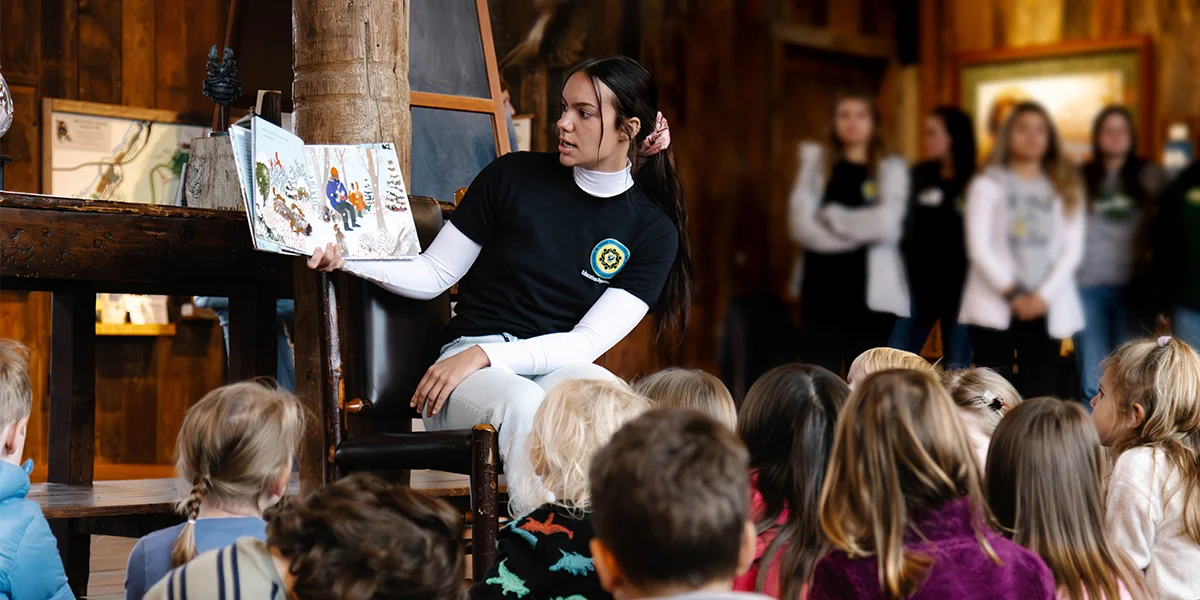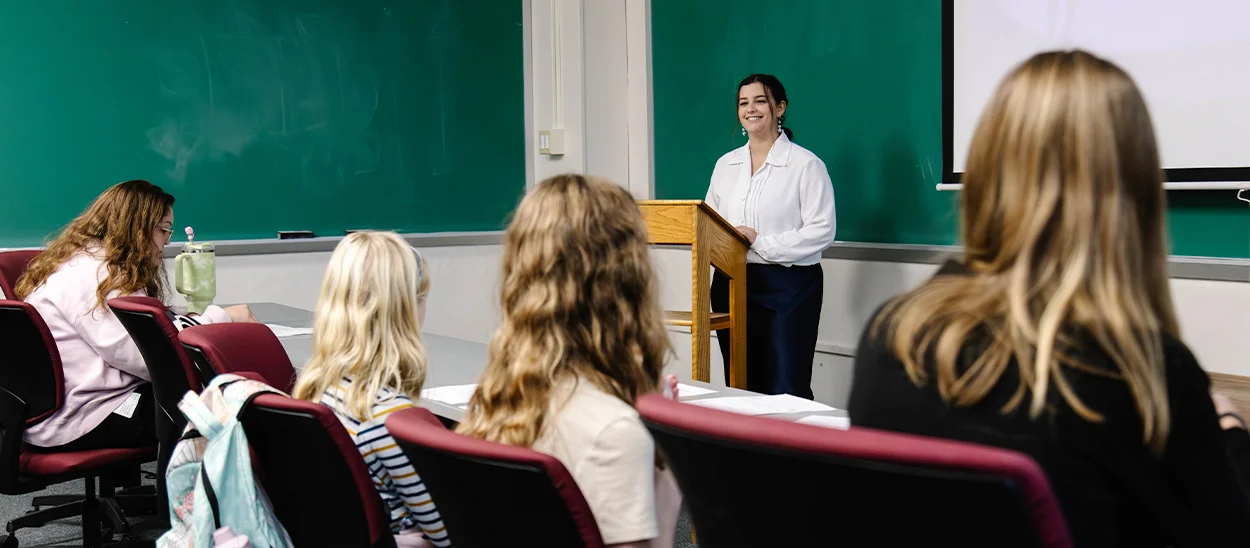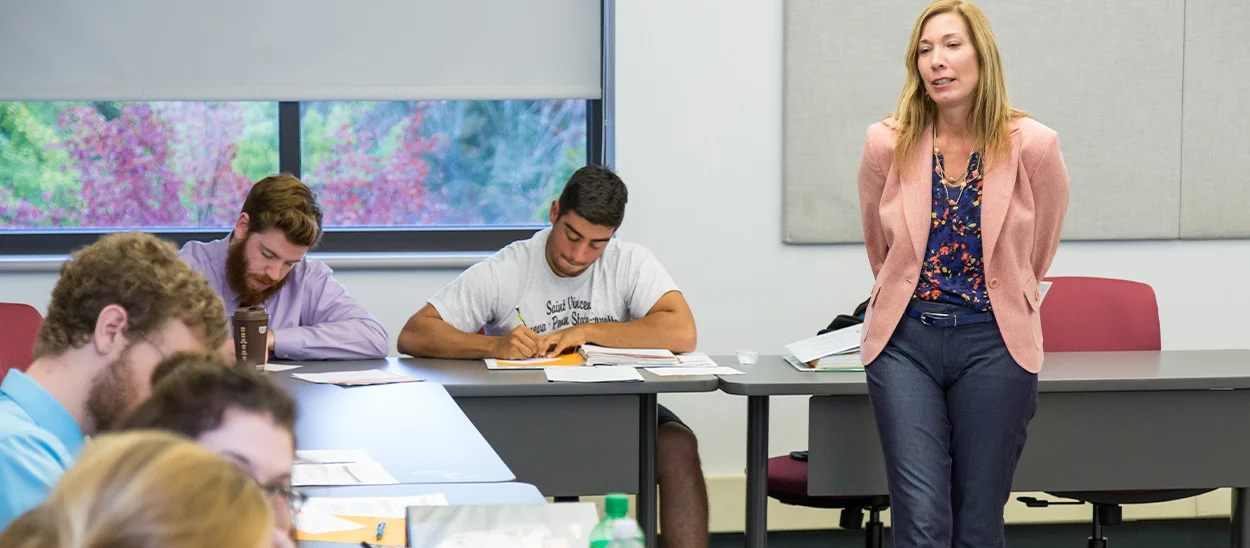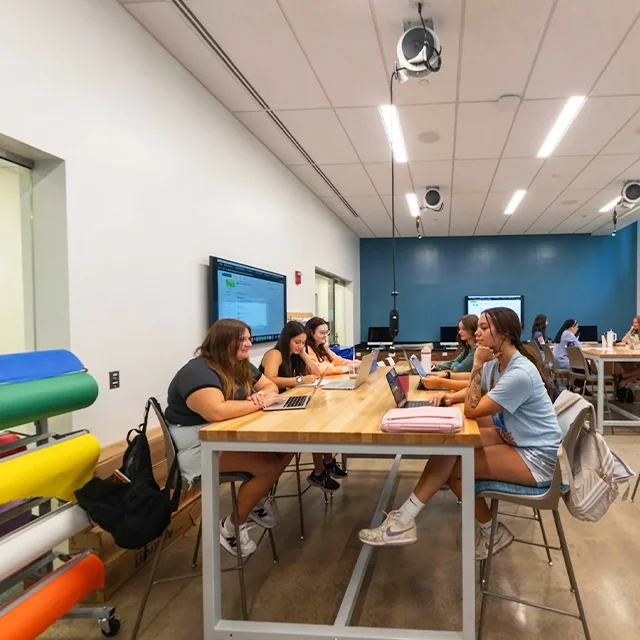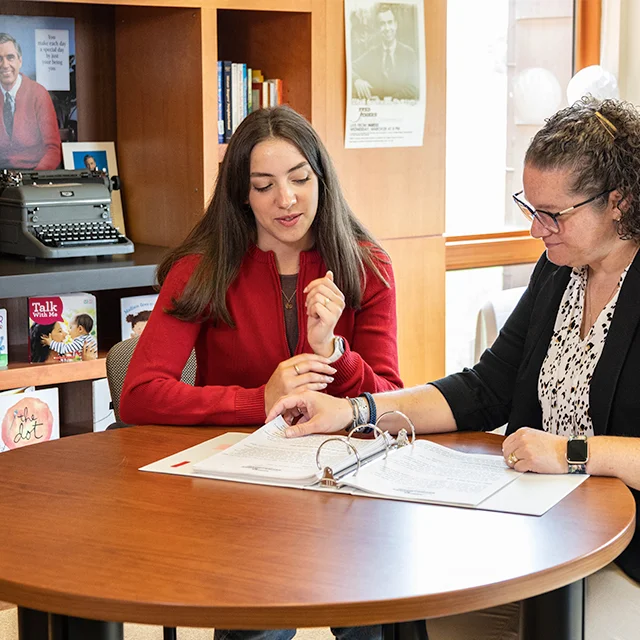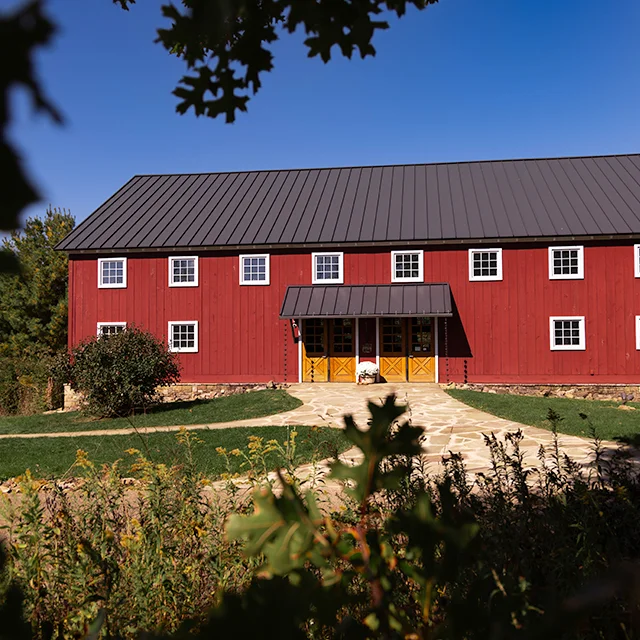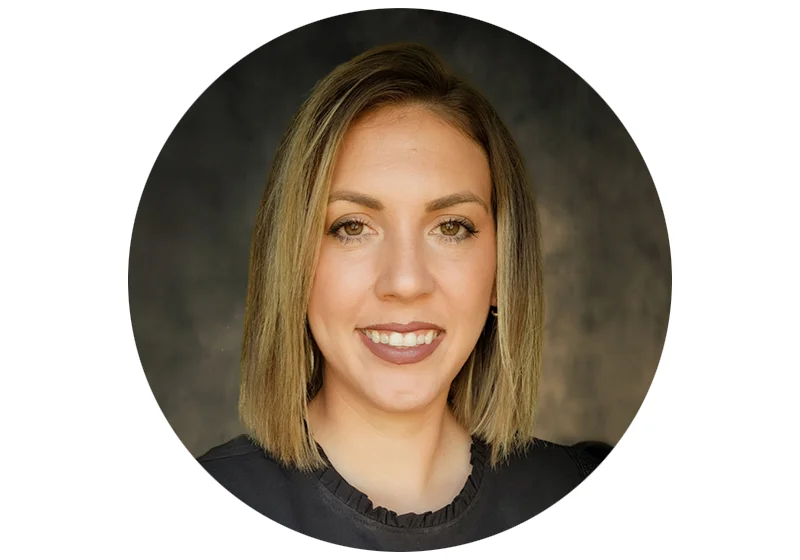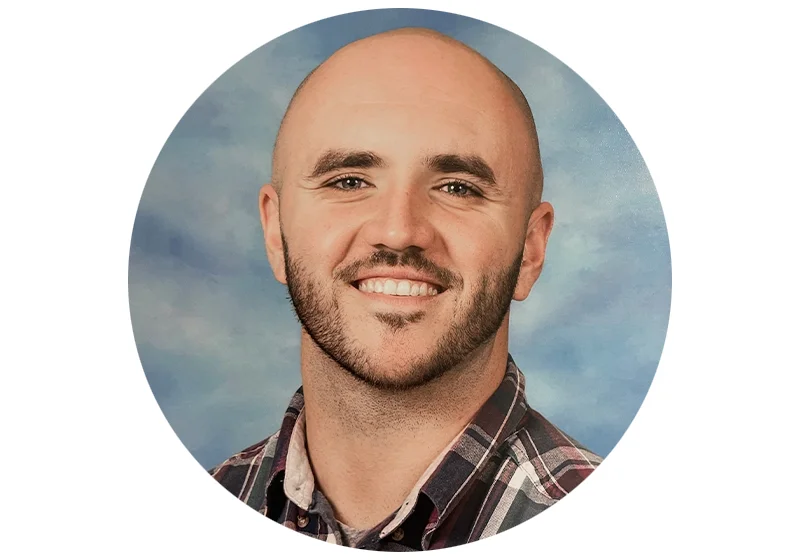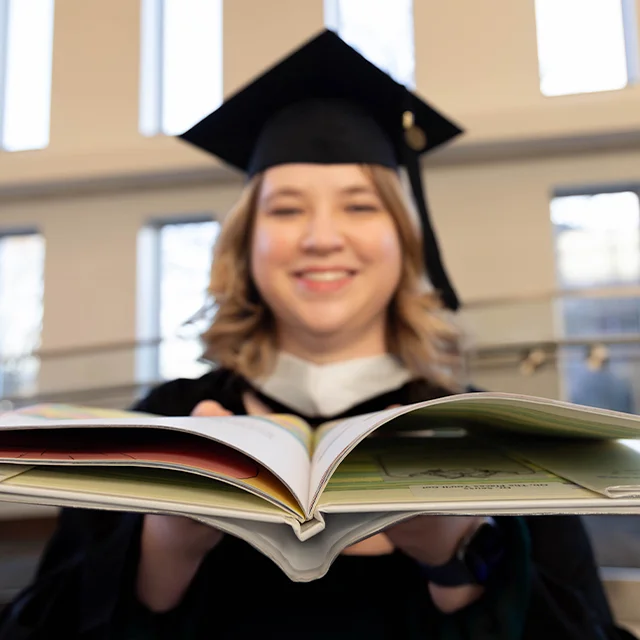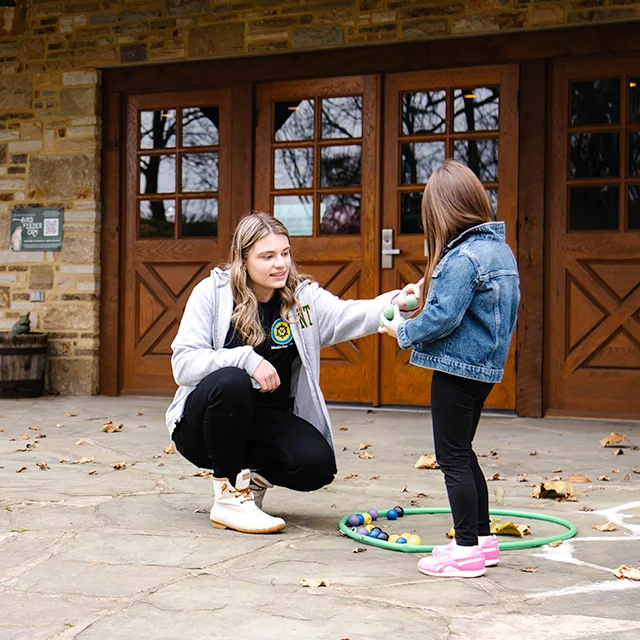Makerspace in Latimer Library:
The Makerspace at Saint Vincent College is a dynamic, hands-on learning environment essential to education programs. Equipped with tools for 3D printing, robotics, coding, and more, it helps students explore creative teaching strategies that integrate STEM and arts. Whether designing interactive science experiments, creating art projects with new technology, or developing games that support mathematical concepts, education majors gain practical experience in designing engaging hands-on activities for 21st-century classrooms.

